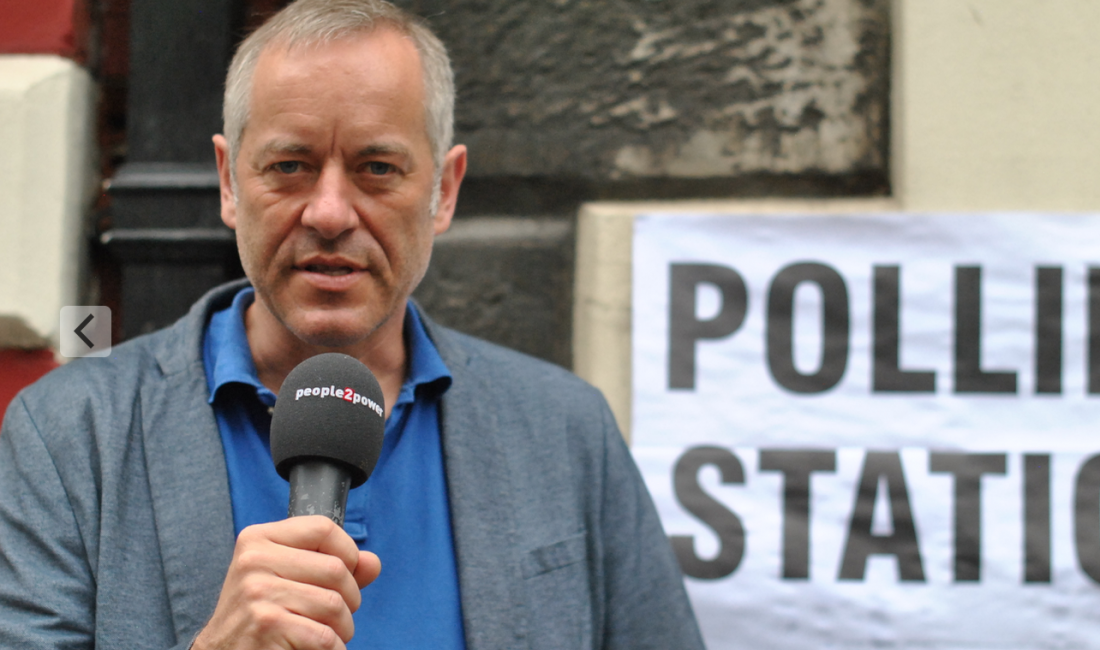People2power Editor-in-Chief Bruno Kaufmann says the outcome of the Brexit-vote is "a democratic emergency call" to give more participatory powers to citizens. "More direct democracy at all political levels."
However, he argues that the form of a top-down plebiscite Brexit-style referendum, chosen by British government, is not the right way to go about it. Kaufmann says Britain´s parliamentary democracy and its "winner takes it all" system has been struggling for decades to represent the interests of the nearly 65 million residents in the UK. For large parts of the population, many government decisions have lost their legitimacy and people failed to understand why their government helped to support certain choices taken by Brussels, Kaufmann says. Kaufmann also stresses that Brussels can no longer turn a blind eye to obvious shortcomings in the EU as done in the cases of previous votes in Denmark and Ireland, and refuse to take consequences.
"The national conservative forces in other EU member states did not wait long to call for similar referendums." Kaufmann cautions it will be necessary to negotiate the exact terms of Britain´s decision to quit the EU. "And this is likely to take many years." In his initial analysis of the Thursday vote also points out the social and notably regional fault lines. He says Scotland and possibly also Northern Ireland might increase pressure on the government in London for splitting from London. "Not necessarily a scenario the outgoing conservative British prime minister, David Cameron, was keen to go down in history books for."
This summary was written by Urs Geiser from our hosting partner Swissinfo, where Bruno Kaufmann’s comment also are available in German, French, Italian, Portuguese, Russian and Chinese.




